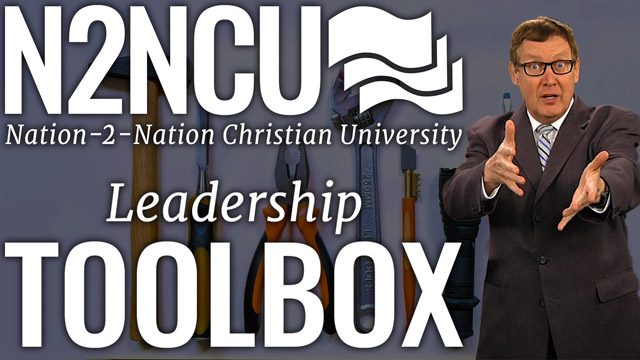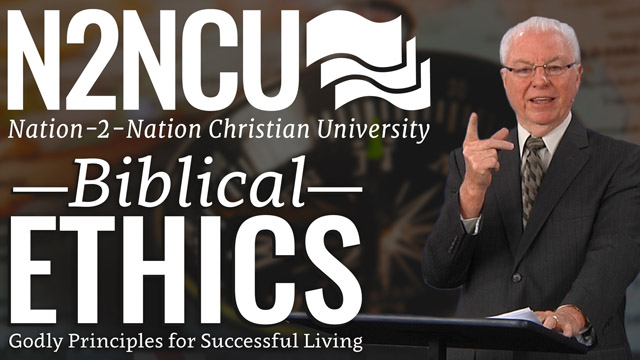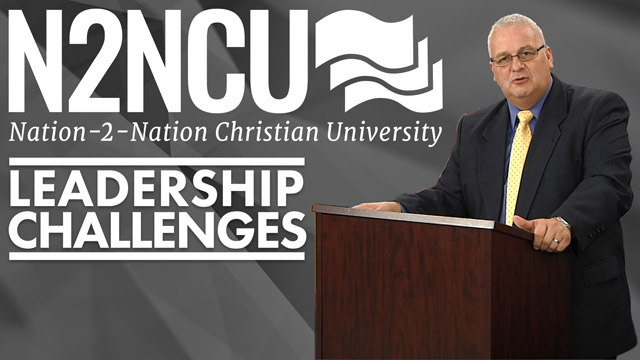
Leadership skills are developed over time. Becoming a great leader depends on what we learn and how we apply it. In Leadership Toolbox, we will learn how to create a vision, value contributions, develop leaders, encourage change, defend the ministry, and handle opposition.

In Biblical Ethics Rev. Paul Johansson provides believers with a biblical moral compass enabling them to establish godly standards in every area of their lives. This is not just a list of "do's and "don'ts" but principles and guidelines for living, based on the moral example and teachings of Jesus. As we work to please God in our choices, we are both led and empowered by the Holy Spirit. The ethics of the New Testament focus more on our attitudes and the motives out of which godly actions can come. This course establishes a biblical framework from which the student is able to draw scriptural answers and conclusions based on scripture. Sometimes these conclusions and the application to current issues may run contrary to societal norms, which is part of being salt and light in the world. In a day and time where "anything goes" and society is losing its way, Rev. Paul offers a refreshingly firm, clear, foundation for moral decisions and how to live.

In Leadership Challenges' Rev. Ball covers some of the most significant challenges that face all leaders. No matter where they lead, or in what capacity, one thing that all leaders have in common is that they will have to address the challenges of handling people. These include the difficult themes of managing change and managing conflict resolution effectively. Pastor Ball brings many years of experience to these issues and includes practical examples and illustrations to help students be competent leaders as they manage change and conflict.


Practical Lab is designed to secure a strong foundation for
true Christian leadership. True Christian leadership consists of three things: Living what we learn (practical ministry), a knowledge of scripture
acquired by a disciplined bible reading/study habit and the ability to articulate your spiritual growth to others.
This course addresses the practical application of the leadership/ministry principles and tools that are the foundation of the Nation-2-Nation curriculum by getting the student to seek out and participate in a variety of ministry opportunities.
The Practical Ministry lab is an opportunity to do the real work of ministry throughout each semester. You will be responsible for engaging in church sanctioned ministry activities and submitting electronic reports of your activity back to N2NCU. Talk to your pastor or leadership to find out how you can help.
The Bible Reading lab will take the student through the entire New Testament and one quarter of the Old Testament for every three semesters completed. Upon completion of the bachelor program you will have read the New Testament four times and the Old Testament once. Your bible reading discipline will be well established by following the weekly bible reading schedule.
The Testimony section gives you, the student, a chance to put into words the changes that are taking place in you, your ministry, and your relationships. Your testimony also encourages others to seek growth in their own spiritual lives and reminds all of what God can do when you follow hard after Him.